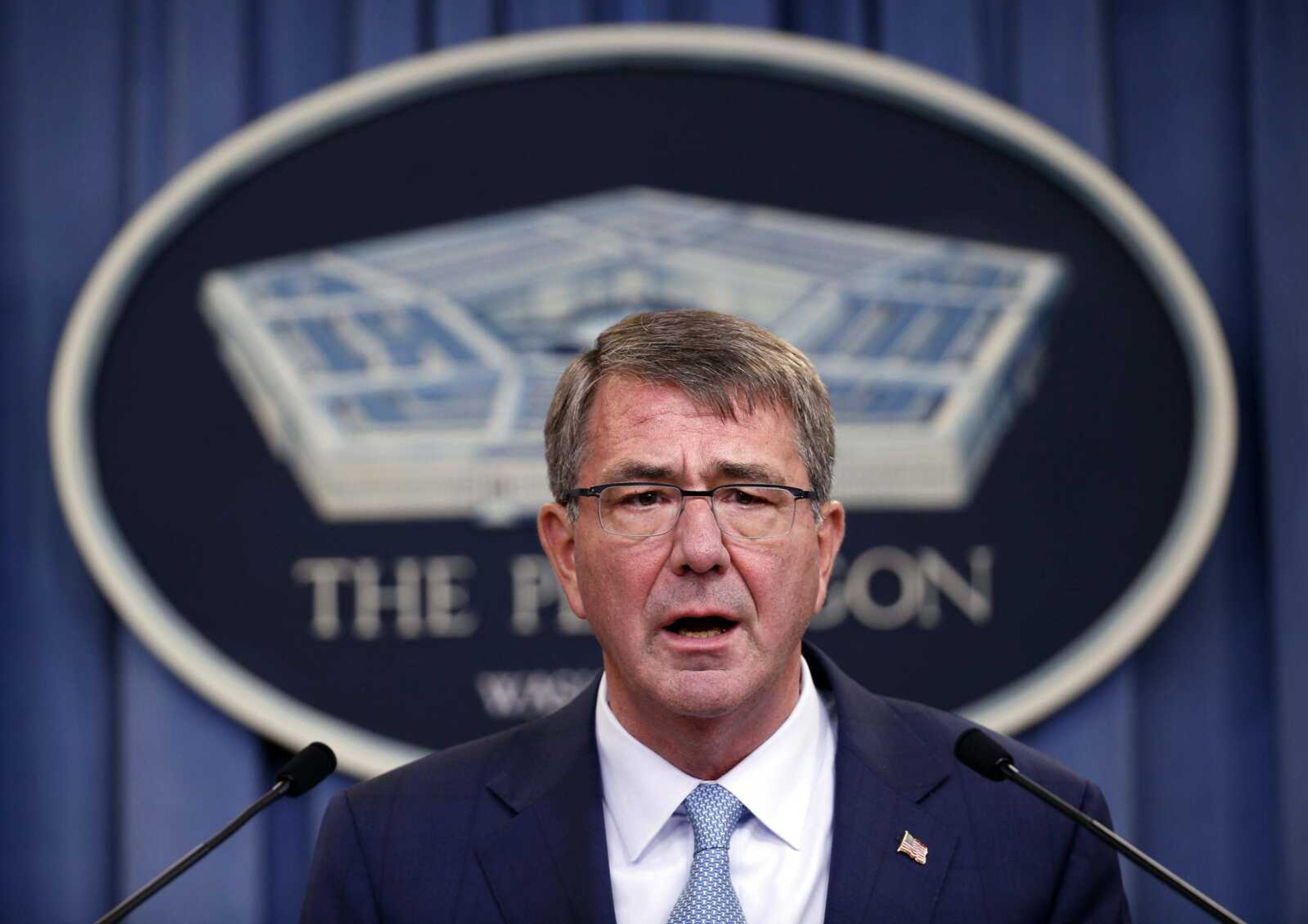WASHINGTON -- Military leaders are trying to fix the lengthy, inconsistent process for investigating senior officers accused of misconduct, The Associated Press has learned.
They are seeking to change a hodgepodge system in which investigations can drag on for years while taxpayers pay six-figure salaries to officers relegated to mid-level administrative posts.
Trust in the disciplinary system "is strained," the chiefs of the four military services said in a memo to Defense Secretary Ash Carter.
The memo was obtained by The Associated Press.
The chiefs said they planned to set up a task force to study the issue. It would be created by the end of the year and likely include members of the military, lawmakers, and former investigators or inspectors general. The panel would be charged with providing specific proposals within 10 months.
The memo said the service leaders have concerns about "our internal processes to respond promptly and equitably when there are accusations of misconduct."
There are no policy guidelines or regulations that govern where the officers go and what jobs they can hold while they wait for investigations to end.
Instead, decisions are made by commanders on a case-by-case basis that provide little guarantee of equal treatment across the Army, Navy, Air Force and Marine Corps, or even for those within the same service.
"We are very frustrated by the amount of time it takes for us to process things," said Lt. Gen. Gary Cheek, director of the Army staff. "In many cases, this is in fairness to the individual as well as to run the process through the levels of review. But it can take months to adjudicate some of these and we would greatly prefer that to be weeks, not months."
Eugene Fidell, a lawyer who specializes in military cases and teaches at Yale Law School, said the lengthy process wastes money and is particularly damaging for those ultimately found innocent or not charged.
And he said it can treat officers differently, even if they committed the same offense.
Connect with the Southeast Missourian Newsroom:
For corrections to this story or other insights for the editor, click here. To submit a letter to the editor, click here. To learn about the Southeast Missourian’s AI Policy, click here.







